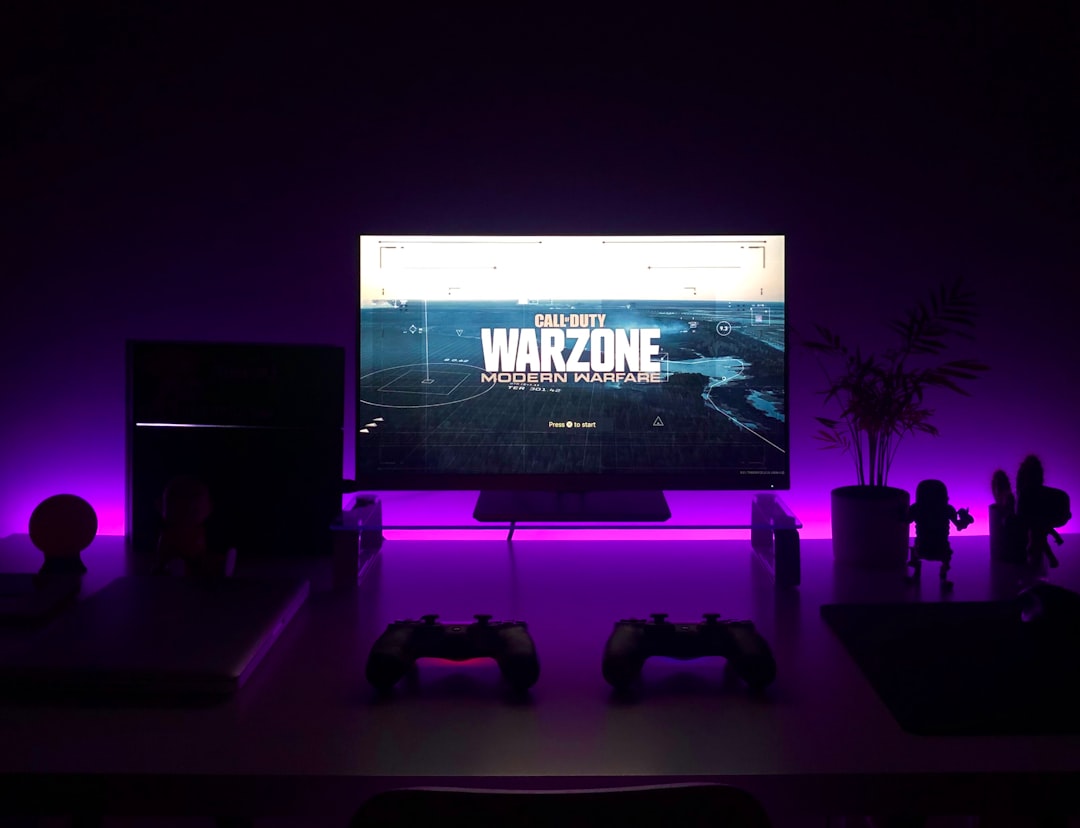In the modern digital age, where game consoles are part of a multi-billion dollar industry, one might question the extent of control manufacturers have over these devices. A critical aspect that highlights this control is the manufacturer’s ability to “brick” your console. This term refers to a situation where the hardware becomes as useful as a brick, functioning neither as a controller nor as a gaming device. But why do manufacturers hold such a potent legal power, and under what circumstances might they wield this tool?
### Understanding User Agreements
First and foremost, when a consumer purchases a game console and powers it up for the first time, they are required to agree to an End User License Agreement (EULA). This is a contract between the consumer and the manufacturer, often containing detailed provisions about the use of the console and associated software. Within these stipulations, manufacturers include clauses that grant them the right to disable a console remotely should certain conditions be met.
These agreements are more than just formalities—they are legally binding documents. Users often overlook the depth of their consent, only realizing the implications when matters like bricking come into play. For instance, if a console owner hacks their device to run pirated games or software, it violates the EULA. The manufacturer is then legally justified in rendering the console inoperative to protect its intellectual property and business interests.
### Protecting Intellectual Property and Business Interests
Intellectual property (IP) is the cornerstone of technology and entertainment industries. For game console makers like Sony, Microsoft, and Nintendo, maintaining the integrity of their IP is critical. Allowing users to bypass security features and run unauthorized software on their devices could lead to significant financial losses and damage their ecosystems.
For example, when users install third-party firmware or mods to bypass purchase requirements for games, this not only affects the revenue from software sales but can also harm the user experience of others within multiplayer environments. According to studies, over 70% of revenue in the console market is generated through game purchases and subscriptions rather than the hardware itself.
Bricking a console is a drastic measure, yet it’s a protective one. It serves as both a deterrent against unauthorized modifications and a method to curb piracy which can cost game developers millions annually. The ability to protect a console from being used as a tool for illegal activity directly ties into the larger picture of securing the brand’s long-term sustainability and the development community’s livelihood.
### Situations Leading to Console Bricking
Several specific circumstances might prompt a manufacturer to execute a console bricking:
1. **Hacking or Modding**: This is the primary cause, where the user alters the firmware or software in unauthorized ways.
2. **Piracy**: The use of pirated games or software can lead to bricking as manufacturers aim to protect their revenue streams.
3. **Policy Violations**: Engaging in behavior that violates user agreements, such as cheating in online games, can prompt action from the manufacturer.
These measures are, however, not taken lightly. Most companies reserve bricking for severe cases and often engage users with warnings before resorting to such action.
### Customer Relations and Challenges
While bricking serves as a legal and protective measure for companies, it also comes with challenges in terms of customer relations. Users may feel cheated out of their purchase, especially if they perceive the actions leading to a bricking as minor or unintentional. This often leads to heated debates about consumer rights and corporate control.
Manufacturers walk a fine line in these scenarios, balancing enforcement of rules with maintaining a positive relationship with their consumers. Some companies have set up robust support systems to provide explanations and potentially resolve issues without resorting to disabling hardware. Furthermore, clear and concise communication regarding the implications of violating an EULA can help mitigate misunderstandings.
### Toward a Harmonious Gaming Environment
The heart of the matter ties back to the ecosystem console manufacturers strive to maintain—a place where gamers can enjoy immersive, fair, and secure experiences. Bricking remains an extreme measure but one designed to uphold integrity and trust within these environments.
For users, it reinforces the importance of understanding what they agree to in user agreements and fosters a culture of respect toward the intellectual creations they enjoy. As the gaming industry continues to evolve, the tools and measures used by companies will likely adapt, continuing to balance innovation with protection.
Ultimately, while the legal right to brick a console may seem severe, it reflects a broader strategy to ensure a stable, thriving gaming community where developers feel secure investing their creativity and users enjoy consistent, high-quality gaming experiences.
Cyber Security
console
















Leave a Reply